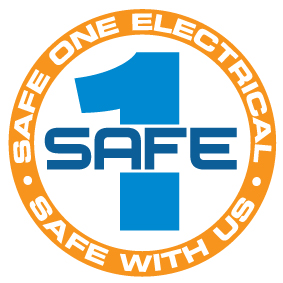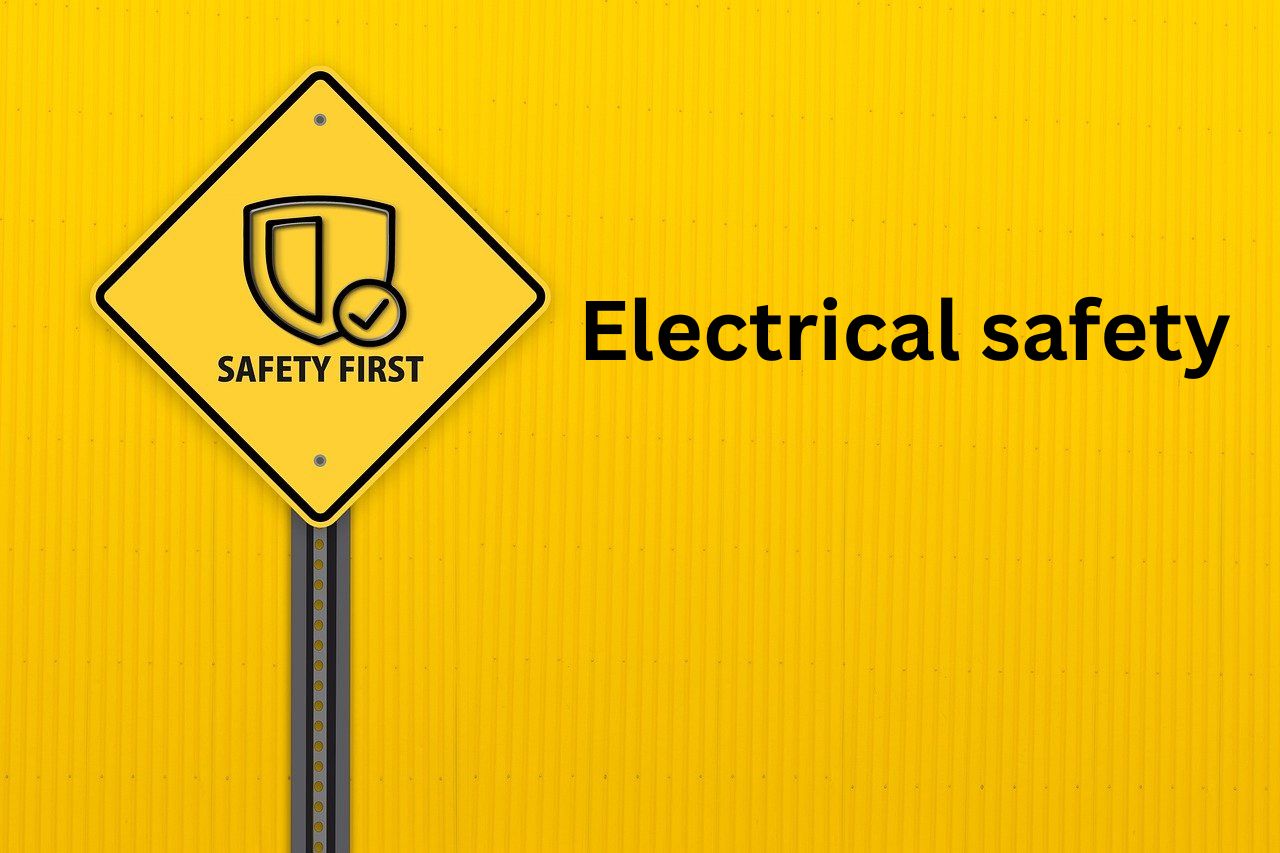Electrical safety at home is crucial for protecting your family and property. With an increasing number of electronic devices, it’s important to understand the risks involved and take necessary precautions. Unsafe electrical practices can lead to shocks, fires, or even fatalities. This blog provides a comprehensive guide on how to ensure electrical safety at home by following some essential steps.
1. Use Certified Electrical Products
One of the simplest yet most effective ways to ensure electrical safety is by using certified electrical products. Look for certification marks such as UL (Underwriters Laboratories), ETL (Electrical Testing Laboratories), or CE (Conformité Européenne). These certifications ensure that the products meet stringent safety standards.
- Tip: Always purchase products from reputable brands and retailers.
2. Check for Damaged Wiring and Outlets
Over time, wiring can deteriorate or become damaged, increasing the risk of short circuits and fires. It’s essential to check for:
- Frayed or exposed wires
- Discoloration or scorch marks on outlets
- Loose outlets or switches
If you notice any of these signs, contact a qualified electrician immediately.
- Tip: Never attempt to fix electrical wiring on your own unless you’re a licensed electrician.
3. Install Ground Fault Circuit Interrupters (GFCIs)
GFCIs are essential in areas where water and electricity might come into contact, such as bathrooms, kitchens, and outdoor areas. These devices monitor the flow of electricity and automatically shut off the power when an imbalance is detected, preventing potential electric shocks.
- Tip: Test your GFCIs monthly by pressing the “test” button to ensure they are functioning correctly.
4. Avoid Overloading Electrical Outlets
Each outlet has a maximum load capacity, which, when exceeded, can cause overheating and possibly fires. Avoid using too many high-power devices on a single outlet or power strip.
- Tip: Use power strips with surge protectors to distribute electrical load safely.
5. Unplug Unused Appliances
Appliances that are plugged in but not in use still consume electricity and may pose a fire hazard if they malfunction. Make it a habit to unplug devices such as toasters, coffee makers, and chargers when they’re not being used.
- Tip: Use a smart power strip to easily cut power to multiple devices at once.
6. Childproof Electrical Outlets
If you have young children, electrical outlets are an enticing danger. Install tamper-resistant outlets (TROs) or use safety covers to prevent children from inserting objects into the outlets.
- Tip: Educate children about the dangers of electricity to instill safe habits from a young age.
7. Install Smoke Alarms and Carbon Monoxide Detectors
Smoke alarms and carbon monoxide detectors are essential for early warning of electrical fires or gas leaks caused by faulty appliances. Ensure you have these detectors installed throughout your home and test them regularly.
- Tip: Replace the batteries in these devices every six months to maintain their effectiveness.
8. Schedule Regular Electrical Inspections
An electrical inspection can identify potential risks before they turn into major problems. It’s recommended to have an electrician inspect your home every 5-10 years, or more frequently if you live in an older house.
- Tip: Keep a record of all electrical work and inspections to stay on top of safety.
9. Use Proper Wattage for Light Bulbs
Always use light bulbs that match the recommended wattage for your lamps and light fixtures. Using a higher wattage than specified can cause overheating and increase the risk of fire.
- Tip: Consider switching to energy-efficient LED bulbs, which consume less power and last longer.
10. Keep Electrical Devices Away from Water
Water is a great conductor of electricity, which makes it dangerous to use electrical devices near water. Keep all appliances and cords away from sinks, bathtubs, pools, or any source of water to prevent electrocution.
- Tip: Use waterproof covers for outdoor electrical outlets and equipment.
Conclusion
Electrical safety is essential for a secure and comfortable home. By following the tips outlined in this guide—such as checking for damaged wiring, using certified products, and installing GFCIs—you can significantly reduce the risk of electrical hazards. Remember, regular maintenance and professional inspections are key to preventing accidents.

